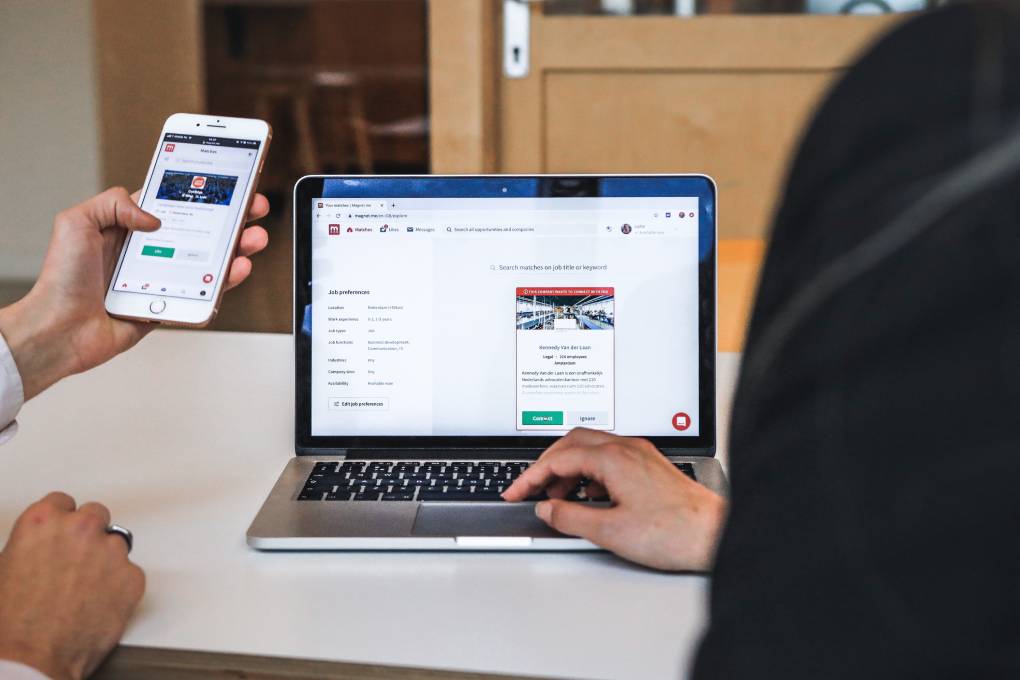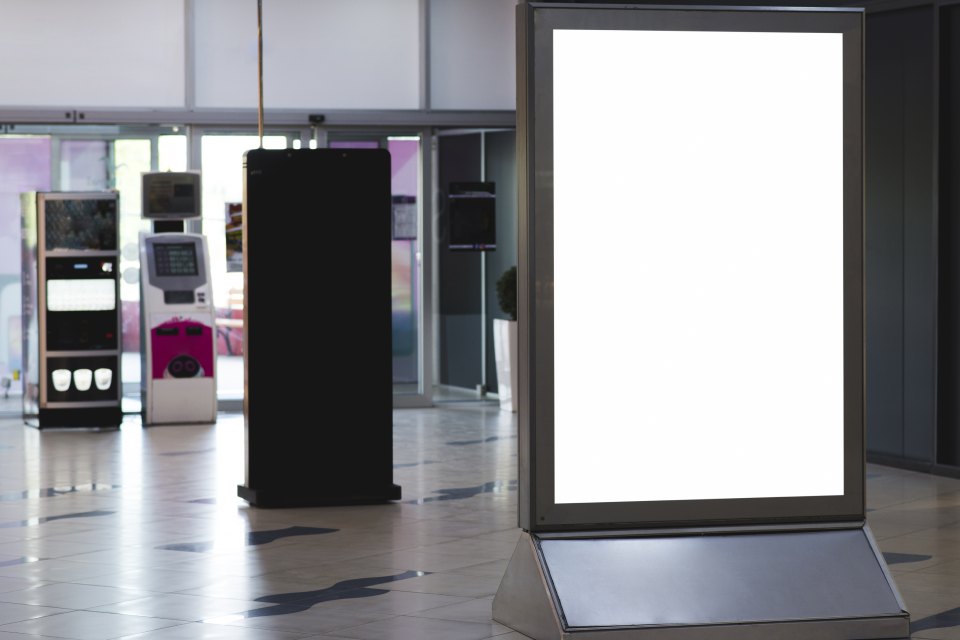Managing calls is crucial in small and medium-sized businesses that do not always have a person answering the switchboard. Today’s customers are much more demanding than before and are always looking for a quick solution to their needs. Therefore, calling a company several times where they do not answer the phone is an increasingly isolated phenomenon.
With the arrival on the market of virtual switchboards , companies of any size do not require a permanent operator. These systems, such as those offered by Vodafone , channel calls by directing them to collaborators who are available, inside or outside the office. Keep reading and you will know more details about these systems and their differences with traditional PBXs .
How Has It Been Managing Calls From A Traditional Switchboard?
It is true that a few decades ago companies with many departments and employees had to resort to the traditional switchboard system to manage calls . To get an idea, this involved the use of one or more fixed telephone lines of the conventional network connected to a manual analog console. From there, a long and complex network of wiring started towards the telephones of each department or collaborator.
The old analog switchboards incorporated advances such as being able to divert calls to the different extensions through the keyboard. They also incorporated message recording, answering machines and call forwarding. That was the technology available! Until the IP or virtual switchboards arrived!
Virtual Switchboards: The Current Standard For Managing Calls
The development of mobile telephony , IT and the Internet in recent decades are changing the modes of production and labor relations. Due to the dynamics of many current companies, their collaborators work a large part of the day outside the offices. Others take advantage of the network connection to operate with remote staff. There are also those, such as those that provide 24/7 support , that require answering calls from their customers at any time of the day. For these cases, a conventional switchboard is already obsolete.
The current standard for managing calls is the virtual switchboard that several telecommunications companies have been developing and perfecting. A virtual switchboard is a state-of -the-art IP telephony system capable of communicating with a large number of extensions and telephone posts, fixed or mobile. This is crucial for serving customers and suppliers, no matter where the receiver is located. Because of its management through an IP address on the Internet, it is also known as an IP switchboard .
Let’s say that your company is based in Madrid, but your sales representatives or managers move around different cities in Spain. Without the need for a switchboard operator, the system can automatically select any of the collaborators whose line is available. It then sends the call to that extension, allowing the caller to be attended to with some immediacy.
Advantages Of Virtual Switchboards Compared To Traditional Ones To Manage Calls
Faced with the limitations of conventional PBXs , IP PBXs have properties and functions that provide many advantages, including:
Virtual PBXs have no obsolescence problems and hardly require updates. While the physical switchboards need maintenance and must be replaced as they are not consistent with the current reality of the business, entailing costs.
On the other hand, IP PBXs are easy to install and program. Both the terminal (computer or laptop) through which the calls are managed and the extensions (fixed or mobile) can be located anywhere. So it is not necessary to have a complex wiring system that alters mobility in the office. As we said, this allows extensions to be incorporated to landlines and mobiles anywhere in the city, in Spain and in the world.
Similarly, you can set IP and mobile terminals as extensions, in addition to landlines. In other words, you have the option of creating extensions with the IP addresses of your collaborators’ computers. Consequently, they will be able to answer voice calls with the sound quality provided by IP devices.
Also Read: WiFi Solutions For Hotels, What To Consider





